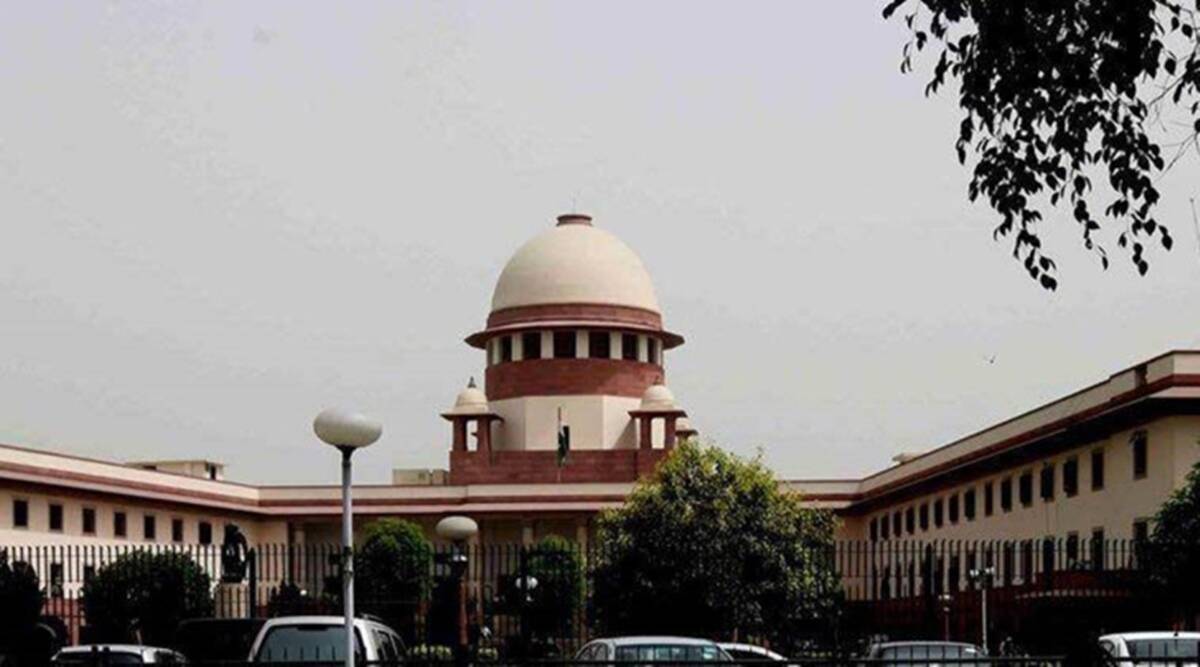The Supreme Court ruled on Tuesday that courts must be “very cautious” when making negative remarks about the parties concerned and that remarks made in courts now have far-reaching repercussions and can cause enormous harm to the reputation due to live broadcast of proceedings.
The highest court stated that the introduction of virtual hearings and live telecast of open court proceedings has ushered in a new era of accessibility and transparency in the legal and judicial systems in general.
It stated that while this “never before seen transparency” in the judicial system has many benefits, it also imposes a higher bar of duty on judges while conducting such court hearings.
These observations were made by a bench of justices Krishna Murari and A Amanullah in their judgement quashing an order passed in July last year by the Karnataka High Court, which had made some disparaging remarks, including against a senior IPS officer, during the hearing of a bail petition in a bribery case.
The bench noted that the sole high court judge had also directed the CBI to investigate one of the appellants’ prior records.
“Remarks made in court, as a result of live broadcasting of court proceedings, can have far-reaching repercussions, and as seen in the present case, can cause great injury to the reputation of the persons involved,” it stated.
“In such a case, it is critical for the courts to be exceedingly cautious when issuing unfavourable words against the parties concerned, and must do so with adequate justification, in the suitable forum, and only if it is required to fulfil the goals of justice,” the bench added.
It stated that developments in the judiciary, which have ushered in a new era of accessibility and openness as a result of the adoption of virtual hearings and live telecast of open court proceedings, have made the courts more accessible to the common man than ever before.
“One of the major barriers in the way to access to justice has been described as the limitations of physical infrastructure, which has constrained the courts to a physical location.” However, this impediment has now been removed due to the availability of technology and its adoption,” the Supreme Court stated.
While considering whether adverse remarks made by the high court during the bail proceedings are liable to be expunged, the bench noted that the high court had made adverse remarks against the appellants during the bail proceedings on two separate occasions in July last year, which is said to have caused great harm to their reputation.
“Since the hearings were aired on the high court’s YouTube channel, the aforementioned comments garnered widespread attention, and various media and news agencies picked up on those comments and reported the same,” it stated.
The bench said that bail proceedings, unlike a full criminal trial, are burdened with the task of only forming a prima facie view on the merits of the case and in such a circumstance when the evidence is not fully analysed and a presumption of innocence is still operational in favour of the accused, “the courts must then be extremely cautious in passing adverse remarks against the accused”.
“This becomes especially relevant in circumstances when the party against whom the words are given do not have a list in the stated proceedings, for such comments, especially if passed by constitutional courts, can cause great injury to the reputation of the parties at the receiving end of such remarks. “This court has held in a catena of judgements that the courts bear the burden of caution,” it stated.
The bench stated that the high court’s observations against the IPS officer appeared to be harsh and without basis.
According to the statement, the IPS officer is only a government employee of the department conducting the investigation and has no personal involvement with the matter.
The highest court further stated that no proof was shown against him and no opportunity was provided for him to explain himself, but “scathing and outrageous statements” were nonetheless made against him.
About another appellant, the bench stated that, despite being an accused in the alleged crime, he was not a party to the bail proceedings before the high court.
The Supreme Court stated that the high court’s activities during the bail proceedings of a third party were “manifestly arbitrary and unreasonable” and that the high court should have limited itself to the grounds pertinent to it for the purposes of deciding the bail.
“A bail court, especially where a third party seeks bail, is not a court that has all the relevant information to pass an order on the merits of an unconnected party, and such an order, if passed, has the potential to cause great harm to the said party without them being afforded an actual and meaningful opportunity to defend themselves,” the bench said while expunging the negative remarks and quashing the high court order.
